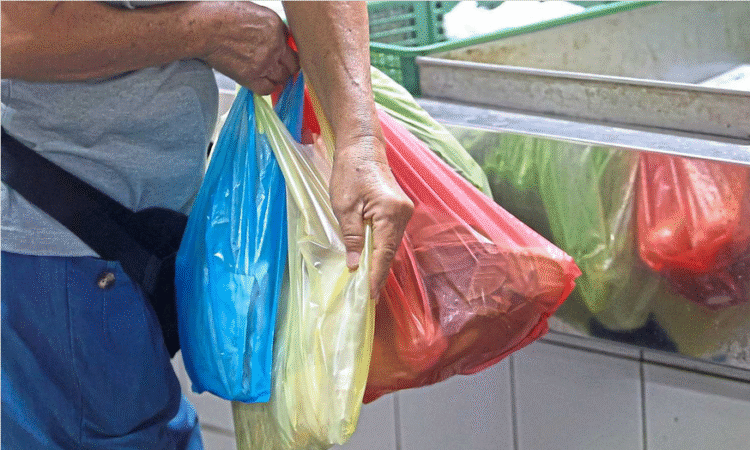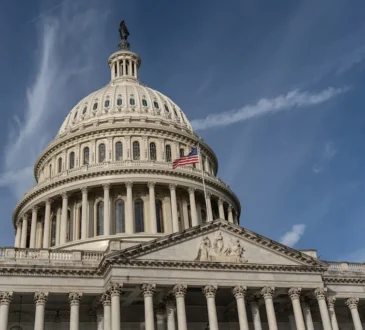
KOTA BARU: The Natural Resources and Environmental Sustainability Ministry (NRES) is strengthening the Malaysia Roadmap Towards Zero Single-Use Plastics 2018-2030 as the country’s strategic guide to gradually reduce plastic pollution.
NRES secretary-general Datuk Dr Ching Thoo Kim said the roadmap emphasises the need to change how society interacts with plastic, from excessive use to sustainable management based on recycling and reuse.
He said the framework not only protects the environment but also opens up new economic opportunities.
“Therefore, I urge all parties, whether government, industry or the public, to play an active role in ensuring the goal of zero single-use plastics is achieved by 2030,” he said in his welcoming address at the national-level 2025 National Environment Day (HASN) celebration here on Saturday (Oct 25) night.
The event was officiated by Kelantan Mentri Besar Datuk Mohd Nassuruddin Daud. Also present was Environment Department director-general Datuk Wan Abdul Latiff Wan Jaffar.
Ching said that under the circular economy approach to electronic waste (e-waste), the government encourages the recovery and recycling of valuable components such as copper, gold and silver from used electrical and electronic equipment.
“This initiative not only reduces dependence on new natural resources but also creates new economic opportunities in material recovery and recycling technology industries,” he said.
He also highlighted the E-Waste Collection Day initiative, held nationwide on the last Saturday of each month, aimed at raising public awareness on environmentally friendly e-waste management while providing valuable recyclable material for local industries.
Ching said environmental sustainability is not the sole responsibility of the government but requires active participation from the public, industry and local communities in reducing pollution impacts.
Meanwhile, Wan Abdul Latiff commended the Kelantan government’s initiatives, including allocating RM27.5mil for various conservation and environmental programmes that strengthen the state’s commitment to the national sustainability agenda.
Nassuruddin said the allocation will be used for green projects and ecological initiatives at the state level, including forest and ecosystem conservation, waste and cleanliness management, public awareness campaigns, and environmental education and biodiversity protection. – Bernama




